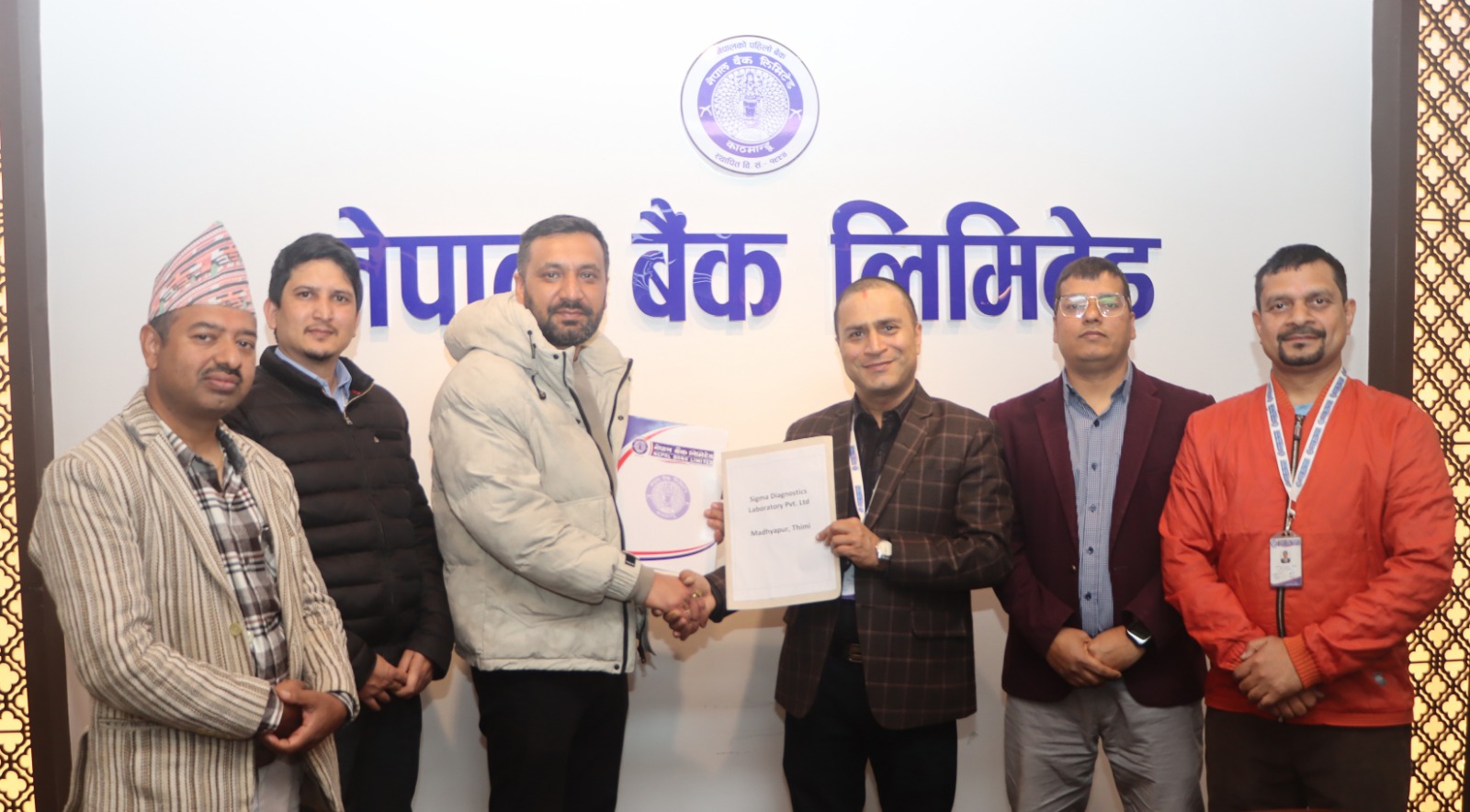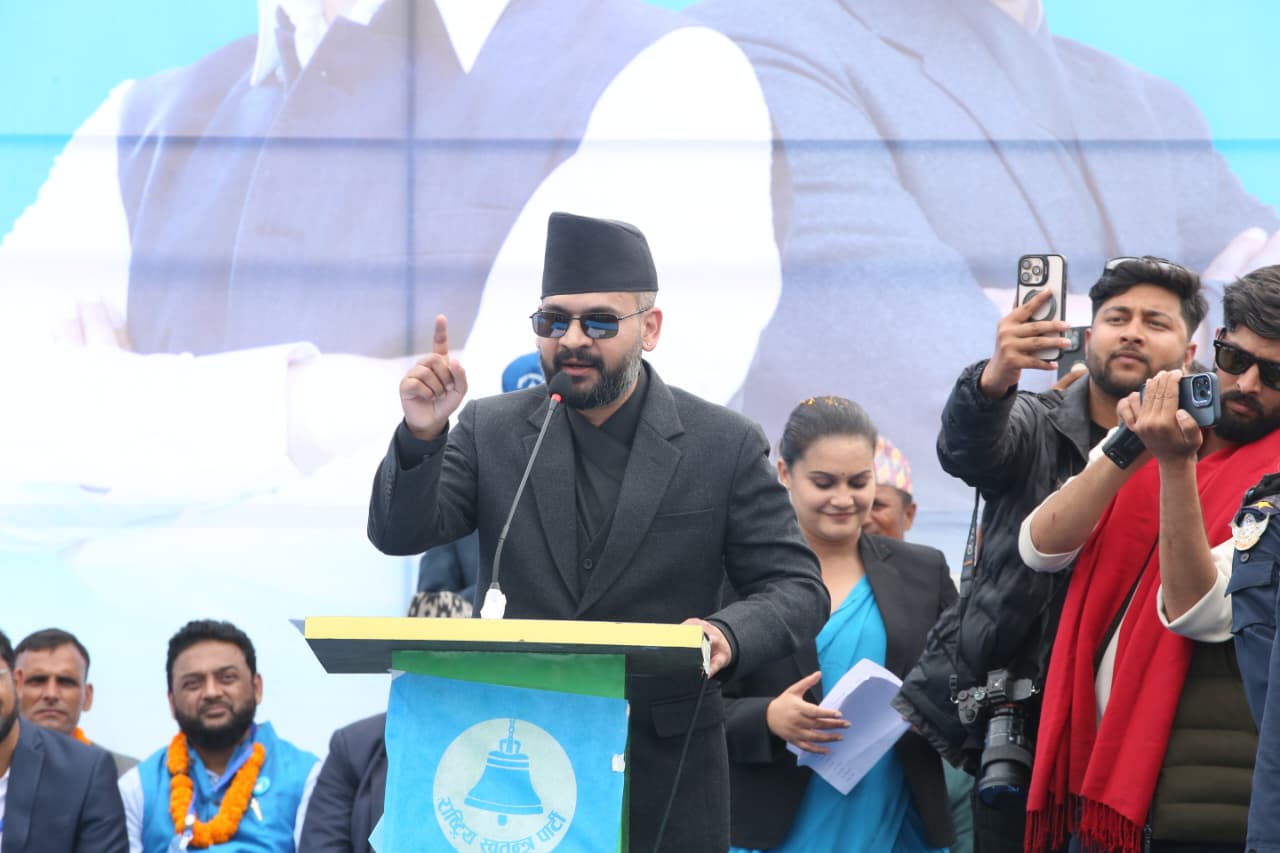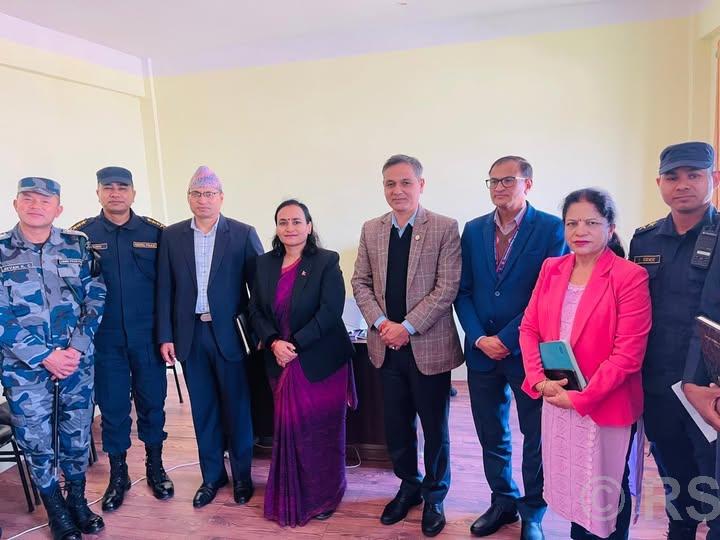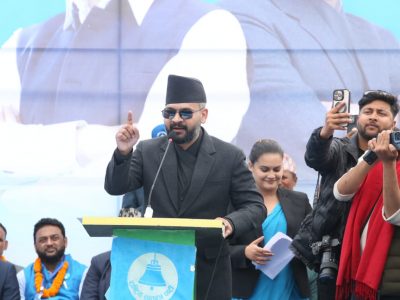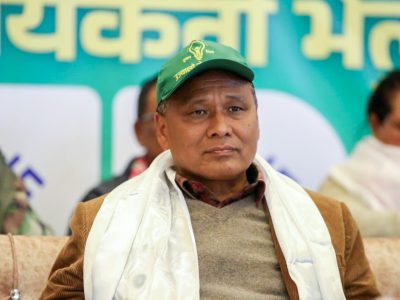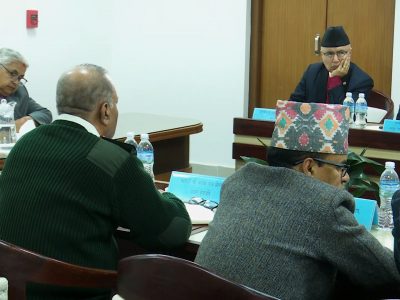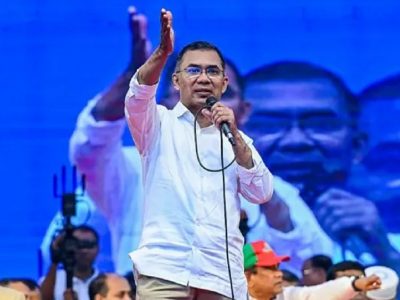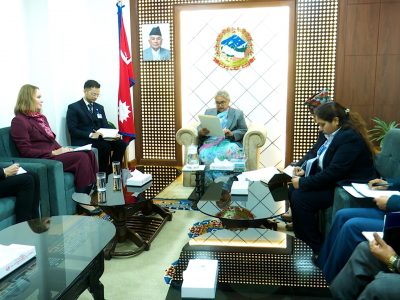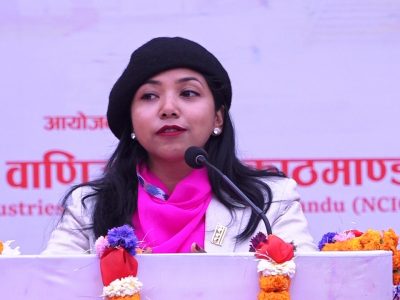Retaining the Original Citizenship: A Win-Win for Nepal and Nepali

Non-Resident Nepalis (NRNs) play a vital role in Nepal’s social and economic fabric, contributing significantly to the country’s development and prosperity. Some people believe that NRNs should be allowed to retain their original citizenship, instead of being issued a separate NRN citizenship with limited rights. This holds a strong sentimental value and allow NRNs to maintain a stronger connection to Nepal and participate fully in the country’s social and cultural life.
Continuing the original citizenship does not mean that NRNs would be granted all the same rights as Nepali citizens residing in Nepal. For example, NRNs may not be able to vote or hold public office. However, NRNs can still play many positive roles in Nepal, such as investing in businesses, transfer of technology and skills, supporting social and cultural initiatives, and advocating for Nepal’s interests abroad.
The benefits of retaining original citizenship for NRNs outweigh the political and financial benefits of NRN citizenship. Allowing NRNs to retain their original citizenship would strengthen their connection to Nepal and empower them to contribute more fully to the country’s development.
Preserving Sentimental Ties and Empowering Participation
Allowing NRNs to retain their original citizenship fosters a strong sense of belonging and connection to their homeland. It enables them to fully participate in Nepal’s social and cultural activities, preserving their heritage and traditions. NRNs can actively contribute to community development, education, and healthcare initiatives, making a positive impact on the lives of their fellow citizens.
Economic Empowerment and Technology and Knowledge Transfer
NRNs are vital contributors to Nepal’s economy through foreign direct investments and technology transfer. Their remittances play a crucial role in supporting families and fueling economic growth. NRNs also invest in Nepal’s businesses, creating jobs and stimulating economic activity. Additionally, they bring valuable skills and expertise to Nepal, enhancing the country’s knowledge base and fostering innovation.
Advocacy and Global Representation
NRNs serve as Nepal’s ambassadors abroad, promoting the country’s positive image and interests. They engage with international organizations and governments, advocating for Nepal’s development needs and attracting investments. NRNs also play a critical role in disaster relief and humanitarian assistance, supporting their homeland during times of crisis.
Nepali residents residing inside the United States have been actively involved in promoting Nepali language, literature, and culture. There are communities building Pashupati Buddha temples in many cities, such as Manassas of Washington DC Metro, Gaithersburg and Baltimore in Maryland, Flushing in New York, Boston, Texas, California etc.
In addition, an initiative by Nepalis in the Washington DC metro area to establish a Nepal house may extend to be a Nepal study center for foreign nationals. Similarly, Nepali organizations abroad are advocating for online programs in Nepali language, literature, and culture.
The objectives of these activities are to spread Nepali culture and social values worldwide and promote wider recognition.
Addressing Concerns and Ensuring Transparency
Some people, especially politicians, are concerned about NRNs misusing their citizenship or holding public office through election. To address these concerns, NRNs should be required to register with the relevant authorities and declare their overseas residency status. This transparency would help to maintain the integrity of the electoral process and prevent any potential abuse of power. There may be very few NRNs who wish to get involved into politics in Nepal. They can take part by surrendering their foreign citizenship.
Ms. Jhankri’s Insensitive Comments and Societal Respect
Ms. Jhankri’s comments disparaging NRNs and their professions are insensitive and disrespectful. NRNs are a diverse group of individuals with a wide range of skills and expertise, and their contributions to Nepal should be valued. We should be open to healthy discussion and debate, but badmouthing, especially from a politician, is not acceptable.
Jhankri’s badmouthing may still be supported by some interest groups, but that is okay. Every citizen, regardless of their profession or social status, deserves respect and recognition. This applies to NRNs and Ms. Jhankri alike.
During the interaction program, Ms. Jhankri bluntly blamed a participant for not knowing enough about the law, even though she herself is a lawyer and claims to know everything. Nepali people, no matter where they live, are concerned about politicians misusing power and public funds. We do not know how transparent and accountable Ms. Jhankri is, but we would like to see evidence that she is making her living by practicing law at the court, rather than through other sources of income.
Ravi Lamichhane’s Impact
Ravi Lamichhane’s entry into Nepali politics has somehow shaken the mainstream political parties, showing that NRNs can have a positive impact on Nepali politics. Even though Mr. Lamichhane’s past was questionable, his willingness to give up his foreign citizenship and dedicate himself to Nepal’s development is an example that others can follow. Ravi’s party has alarmed the mainstream political parties, and they might fear more challenges. Some NRNs who enter politics may pose a bigger challenge than Ravi and may close the door for many.
NRNs should not be seen as a threat to Nepali politics. On the contrary, they can bring fresh perspectives and new ideas to the political landscape. Their global experience and knowledge can be valuable assets in shaping Nepal’s future.
NRNs Maintaining their Integrity and Discipline
There is another primary concern among NRNs living abroad about the behavior of some NRNA representatives while in Nepal. NRN members have been disorderly, especially during the 2023 NRNA election and in the past. The actions of one or two or a few people will reflect on the NRN as a whole, even though the majority of NRN members are ashamed and embarrassed by their behavior and dramas, which are often learned from their political associations with Nepali political parties. NRN members have the right to support any agenda they like, but they must not drag the entire NRNA organization into their political wrangling, as a puppet of one or a few local political parties and groups who are already defamed for their vested interests.
The NRNA is a volunteer organization, and its purpose is to advocate for Nepalis residing abroad and to create a respectful and mutually beneficial relationship between Nepal and Nepalis. It is not supposed to act as a sister organization of any one party or group.
Similarly, concerns about NRNs participating in local politics are valid, and misuse of citizenship is not acceptable. We should have integrity, transparency, and accountability for our acts and actions.
Conclusion: A Path Forward
Allowing NRNs to retain their original citizenship is a mutually beneficial arrangement. It strengthens their connection to Nepal, empowers them to participate fully in their homeland’s development, and enables them to represent Nepal’s interests on a global stage. NRNs can contribute to Nepal’s economy, education, health, technology, culture, and diplomacy through their skills, knowledge, networks, and investments. NRNs can also promote Nepal’s image and values in the world and act as bridges between Nepal and other countries. All stakeholders, especially the leaders from all sides of the aisles, must stay open to more healthy debates and discussions. An integrated effort will enhance the capabilities of all and ultimately benefit all, Nepal, Nepali, politicians and NRNs. Nepal should embrace the contributions of NRNs and foster an environment that values integrity, diversity, inclusion, and respect for all citizens and achieve an environment of win-win.
Facebook Comment
latest Video
Trending News
- This Week
- This Month


